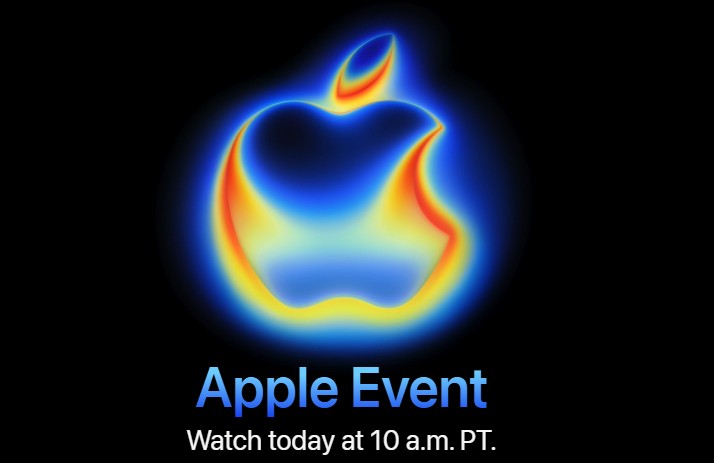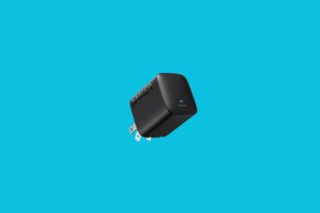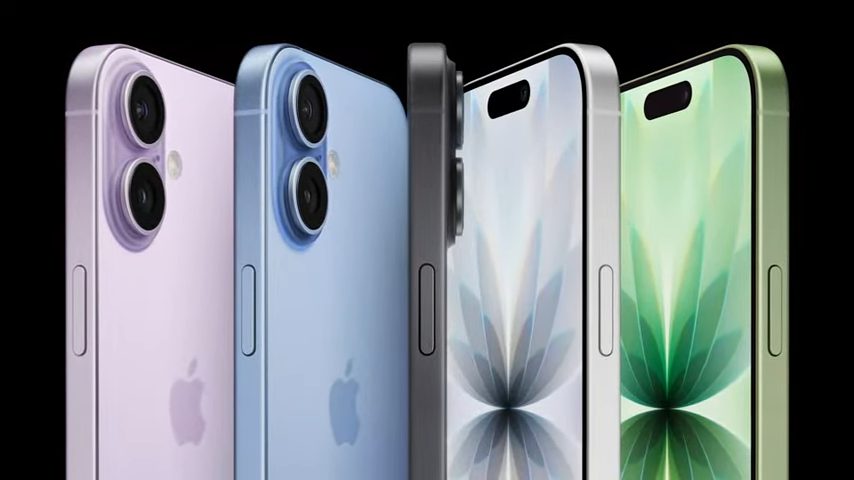Apple just mapped out the most aggressive launch schedule since the original iPhone debut. Between now and early 2026, according to industry reports, Cupertino plans to flood the market with refreshed everything—from budget iPhones to flagship iPads, smart home devices to tracking accessories. Your carefully planned upgrade cycle? It’s about to get messy.
Budget iPhone Users Finally Get Flagship Silicon
The iPhone 17e reportedly brings A19 power to mainstream pricing in early 2026.
Planning to grab a budget iPhone? Hold off until early 2026. Based on supply chain reports, the iPhone 17e will supposedly pack the same A19 processor that powers the flagship iPhone 17 series into a more affordable package. This isn’t your typical “budget phone gets last year’s chip” situation—Apple’s essentially putting current-generation silicon into a lower-priced device.
Think of it like getting a Tesla Model 3 with Model S performance. The move signals Apple’s serious push into price-conscious markets where Android dominates. You’ll get flagship processing power, iOS 27 features, and years of software support without the Pro pricing premium. Your wallet will thank you for waiting those extra months.
M5 Chips Launch Apple’s Next Performance Revolution
October’s M5 iPad Pro kicks off a chipset upgrade cycle that will redefine portable power.
The M5 iPad Pro arriving in October 2025 reportedly marks the first device using TSMC’s advanced 3nm process—essentially cramming more transistors into the same space for dramatic performance gains. MacBook Pro and Air models will follow by late 2025 or early 2026, based on industry tracking.
If you’re editing 4K video on your current iPad or running intensive creative apps that max out your MacBook’s fans, the M5 represents the kind of generational leap that actually changes your workflow. The iPad Pro also adds a portrait-orientation front camera, finally acknowledging that people use tablets vertically for video calls (revolutionary thinking, apparently).
Smart Home Strategy Gets Serious With Delayed Ambitions
Apple TV and HomePod mini refreshes arrive while the promised Smart Home Hub remains missing in action.
Apple’s smart home push continues its characteristically cautious pace. According to recent reports, the Apple TV gets a new N1 wireless chip for better streaming and smart home control, while the HomePod mini receives processor and connectivity upgrades.
But the much-anticipated Smart Home Hub remains delayed—apparently AI software integration is proving trickier than expected. Your current smart home setup won’t become obsolete overnight, but Apple’s clearly positioning for a more unified ecosystem experience once they solve the AI puzzle.
The timing reveals Apple’s broader strategy: saturate every price point and use case before competitors can respond. Your upgrade decisions just became a chess match against Cupertino’s product roadmap.




























